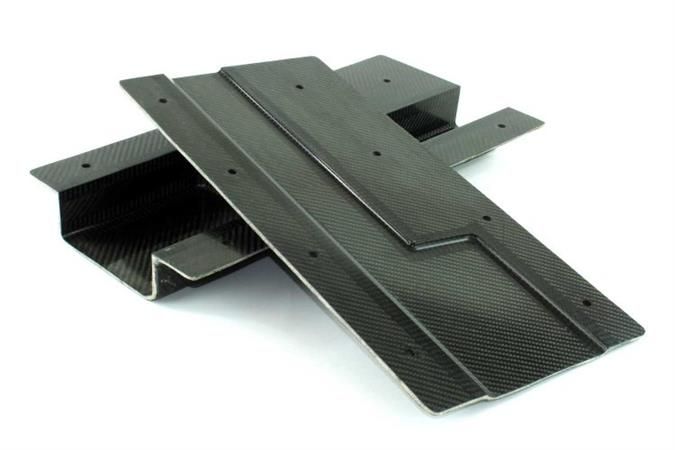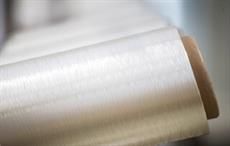
Currently, when moulding carbon fibre composites in an autoclave, it is common practice to make the tools from carbon fibre prepregs. This ensures that there are no significant differences in the thermal expansion of the tool and the component being moulded would not introduce unwanted distortion. However, this also means that the tooling tends to be relatively expensive according to a media release by Composites Evolution.
It is possible to replace carbon bulking plies by flax because the thermal expansion properties of flax fibres are sufficiently similar to those of carbon. The result is a hybrid carbon-flax tool in which the material costs are reduced by up to 15 per cent in comparison to an all-carbon tool. Secondary benefits include a reduction in tool weight of up to 15 per cent (flax fibres being less dense than carbon fibres) and a reduced environmental impact due to the use of sustainable flax.
“Yet again, we’re pleased to be offering our customers new material options that challenge conventional practices and provide them with real benefits. In a similar manner to our fire-resistant PFA prepregs, we’re bringing bio-based materials to the market that provides real technical and commercial advantages in addition to their sustainability credentials,” said Gareth Davies, Composites Evolution’s commercial manager. (PC)
Fibre2Fashion News Desk – India

